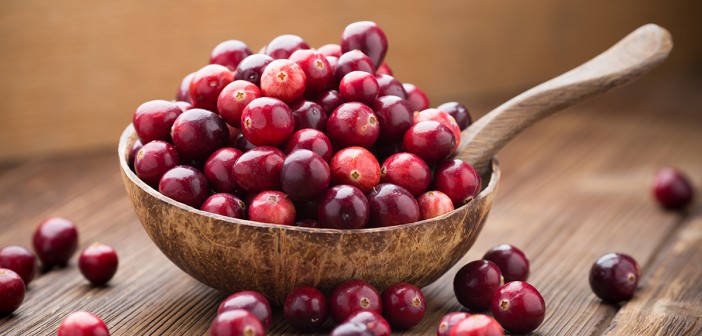If you are experiencing burning while urinating it could mean one of two things: The toilet is, in fact, on fire. Or you may have a urinary tract infection UTI.
What are some symptoms of a urinary tract infection?
Along with a burning sensation while urinating, symptoms for a UTI also include a frequent need to go to the bathroom, nausea, strong-smelling urine, itching, and muscle pains. In a nutshell, UTI’s are as unpleasant as they are common. But the burning question is what causes this infection and how can one prevent them from occurring?
What are some causes?
According to the Office on Women’s Health, some common culprits include delaying trips to the bathroom when the urge arises and improper wiping after a bowel movement. Older adults may experience a UTI due to diabetes, the reduced production of estrogen, and kidney stones.
They also estimate that about one in five women who get UTIs will get another one. It’s likely for some women to suffer from three or more UTIs in one year. If you are prone to UTIs, ask your doctor about your treatment options. Your doctor may ask you to take a small dose of medicine every day to prevent infection. Or, your doctor might give you a supply of antibiotics to take at the first sign of infection.
What are some proven forms of prevention?
In older adults, practicing good hygiene is the most reliable way to avoid getting a UTI or other undesirable infections. “Having good hygiene helps avoid urinary tract infections, said Jeremy Withers, Director of Nursing at River’s Edge Rehabilitation and Living Center. “Also, it’s important to keep your loved one as dry as possible, and the most critical aspect is hydration. Make sure your loved one is hydrated.” Women’s health recommends drinking 6 to 8 glasses of water per day to stave off infection.
Cranberries are berry good for you.
Despite changing trends in treatment, the go-to method for treating UTIs is antibiotics. However, some studies have found success with pure cranberry juice and supplements. “Cranberry supplements can help treat them or prevent them from happening as often,” said Jeremy. Once scrutinized as a new age trick, cranberry has emerged with a nod from some scientists as an effective method for treating and preventing urinary tract infections.
To better understand its effectiveness, it’s helpful to understand how infection settles in. “The bacteria responsible for more than 95 percent of urinary tract infections are a pathogenic strain of the same E. coli bacteria found in the lower intestine. If not for these fimbriae, the flow of urine would simply wash the bacteria away. But once they’re securely latched onto the urinary tract walls, they quickly start reproducing,” wrote livescience.com contributor Diya Chacko.
Experts admit cranberry juice is not strong enough to kill bacteria. But it does pack enough punch to prevent it from attaching to the intestinal walls. “Cranberries contain large amounts of a chemical called proanthocyanidin, or PAC. PAC functions almost like a shield as it forces the fimbriae to crumple so they can’t attach to the surface of the cells in the urinary tract,” wrote Diya.
So drink your water, and take your cranberry supplements. By taking preventative measures and seeking treatment should an infection persist, you can avoid getting burned by a urinary tract infection.





